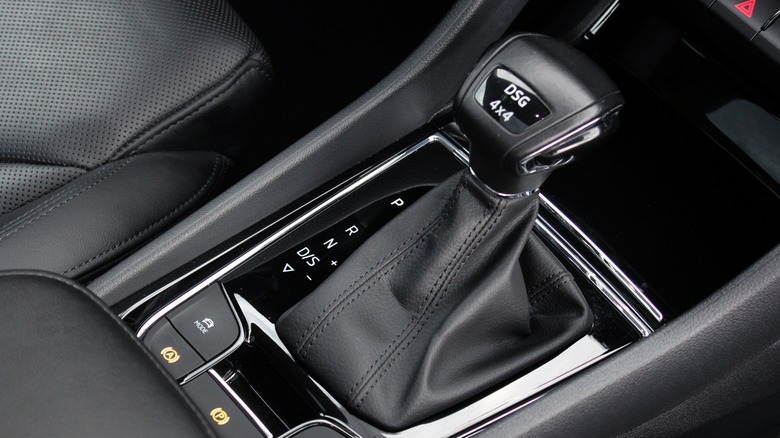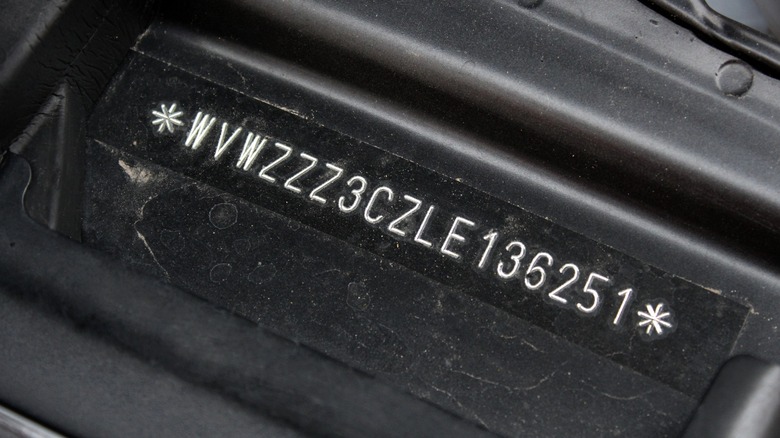Your Car's VIN Can Help Identify Its Transmission - Here's How
A VIN or Vehicle Identification Number is a unique set of numbers and letters that reveals details about your vehicle. It shows the country where it was built, the manufacturer of the car, its brand, engine type, model year, assembly plant, and other pieces of crucial information.
While these may look like random characters to the average person, you can unlock the information they hide by visiting the NHTSA's VIN Decoder website. Input your car's VIN on the page and hit 'Decode VIN' to get a summary. Once you have that, click on 'Show All Vehicle Details' and then search for 'Transmission', and you might see the transmission type of your selected car.
Unfortunately, the NHTSA's record isn't perfect (and the manufacturer sometimes does not supply it anyway), so you might not be able to determine a car's transmission using the website 100% of the time. Still, there are other ways to identify a vehicle's transmission type, especially if it's a Ford. You can check out the information sticker on the door jamb, purchase a build sheet, or visit the Ford website to learn how your car pushes power from the engine to the wheels.
Other uses of a car's VIN
VINs offer a wealth of information aside from telling you what type of transmission your car has, so you should use them to their maximum potential. Of course, you must first know where to find the VIN to ensure you're searching for the right vehicle.
Aside from finding the basic details of the car on the NHTSA website, you can also use the VIN in conjunction with other services to know more about its history. This is especially crucial if you're purchasing a used car — you can use the VIN to get a Carfax report, which might reveal some red flags you can't ignore. That way, you know what you're getting into, and you can negotiate a fair price for the vehicle you're buying.
It's also important for keeping track of recalls, as manufacturers typically release the list of affected vehicles by VIN. After all, this number is unique to each vehicle and allows its maker to determine exactly which car is affected by a certain problem. For example, Toyota and Lexus recently recalled 140,000 vehicles. While it said that it would reach out to affected vehicle owners, people who bought used models might be missed. So, both the NHTSA and Toyota put up a recall page that you can use to check if your specific Toyota or Lexus is affected. And no matter what car brand or model you own, you can still use the former website to check if it has an astounding recall — a thing you should do regularly to help ensure your safety.

